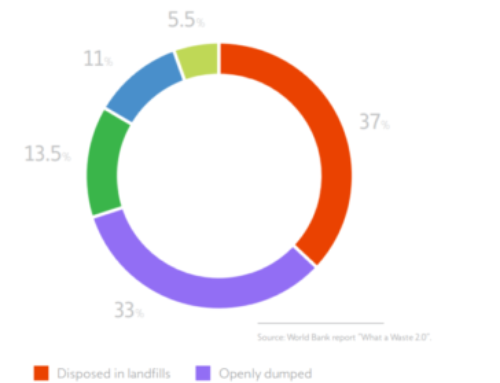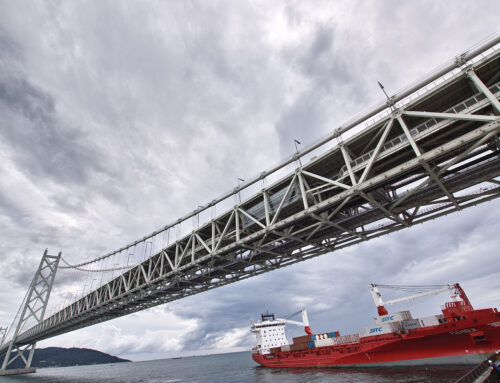The USS Texas was closed for a week in June 2017 after officials noticed that the vessel had tipped to one side. The tilt gradually reached eight degrees as water poured into the ship through various leaks, the largest of which measuring six by eight inches. Efforts to empty the water and patch the holes returned the ship to its proper position and allowed the vessel to be reopened to tourists. However, leaks will continue to plague the vessel due to aging, erosion, and corrosion.
During World War I and II, the USS Texas was used in several significant naval battles. After World War II ended, her final mission was to bring prisoners of war detained in Japan back home to the United States. Today, the ship is docked at the San Jacinto Battlefield near Houston, Texas where she receives more than two-hundred thousand visitors per year.
Salt water damages the ship’s steel hull and brings about new leaks. When excessive leakage causes the ship to tilt, areas that are normally above water are suddenly at risk of damage underwater. Every day, twenty-five pumps work to remove incoming water from the ship, which can measure upwards of three-hundred gallons.
In 2014, the ship underwent corrosion analyses and ultrasonic testing to measure the overall damage. Certain spots showed high levels of corrosion that were vulnerable to future leaks. The tests also indicated that the ship needed a new protective coating if she was going to survive.
Officials from Texas Parks and Wildlife and the Battleship Texas Foundation hope to take the ship out of the water in order to preserve the vessel for future visitors. If the USS Texas stays in the water, there is a risk of not only losing the ship, but also of causing environmental problems as the decaying vessel may contaminate the Houston Ship Channel. Scrapping the battleship, if the situation becomes dire, also poses health concerns as the ship contains asbestos.
If the funding necessary to move the USS Texas out of the water cannot be generated, the last dreadnought in existence could be lost.







Leave A Comment